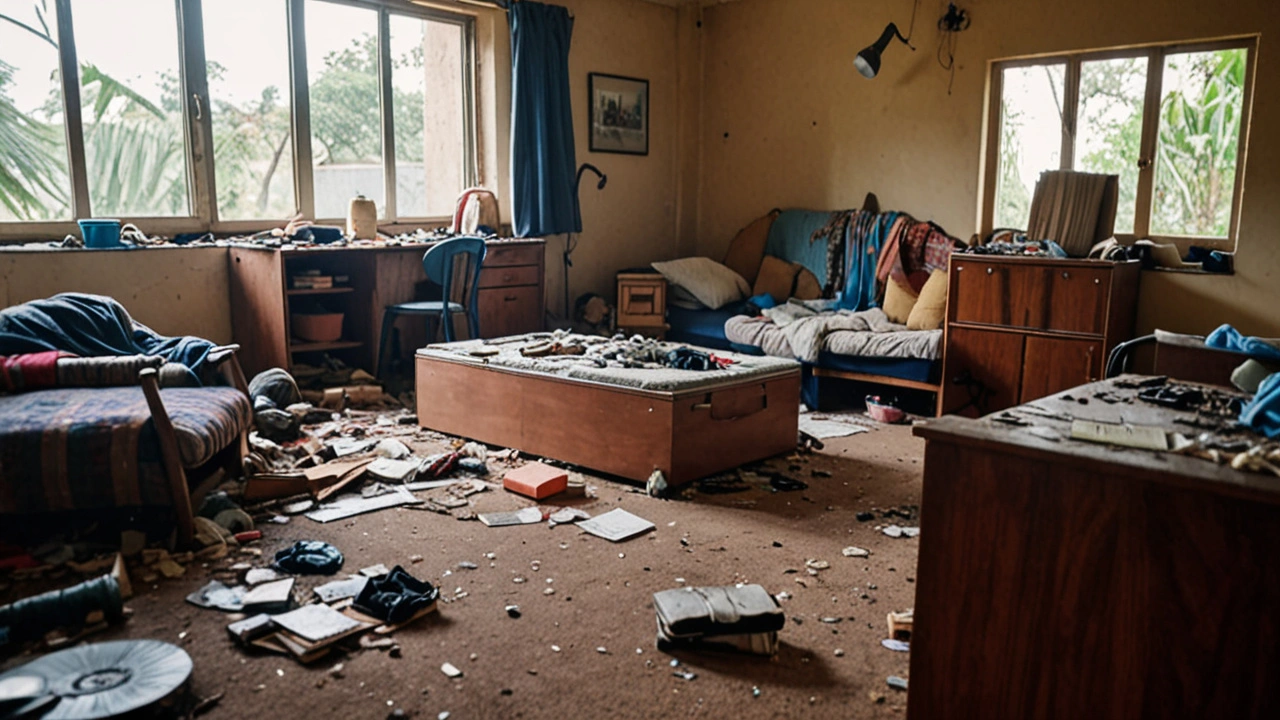Understanding the Nairobi Tremor and What It Means for You
Are you curious about the recent tremors felt in Nairobi? You're not alone. Nairobi, Kenya's bustling capital, has experienced some unexpected seismic activity that's caught many off guard. These earthquakes, or tremors, often leave people wondering how common they are and what they should do when one hits. Let's break it down clearly and simply.
Why Does Nairobi Experience Tremors?
Unlike some places known for frequent quakes, Nairobi sits near the Great Rift Valley, which is a major geological fault line. This means the earth's plates shift occasionally beneath the area, causing tremors. These shakes tend to be mild but can serve as reminders that small earthquakes do happen in Kenya’s capital. It’s important to know that such movements are a natural process of the earth releasing built-up energy underground.
How Strong Are These Tremors and Should You Be Worried?
Most tremors felt in Nairobi are small and rarely cause serious damage. They can be unsettling though, especially if you’re experiencing an earthquake for the first time. Typically, these minor quakes don't disrupt daily life but are enough to prompt safety checks and preparedness talks. It’s smart to stay calm and know what to do. For example, during a tremor, drop to the ground, cover your head, and hold on until the shaking stops. Avoid running outside immediately as falling debris can be a risk.
Aside from immediate safety, understanding how to prepare for occasional tremors can help you feel more confident. For instance, securing heavy furniture, creating an emergency kit, and discussing a family meeting point can make a big difference if stronger quakes ever occur.
Local authorities and experts often monitor seismic activity closely. They keep residents informed about significant changes or alerts. So, keeping an eye on updates from reliable sources means you’re always a step ahead when it comes to safety.
In short, Nairobi tremors aren’t usually cause for alarm but recognizing the signs and knowing how to respond is key. With a bit of preparation and awareness, you can stay safe and reduce worry when the ground decides to shake a little.






